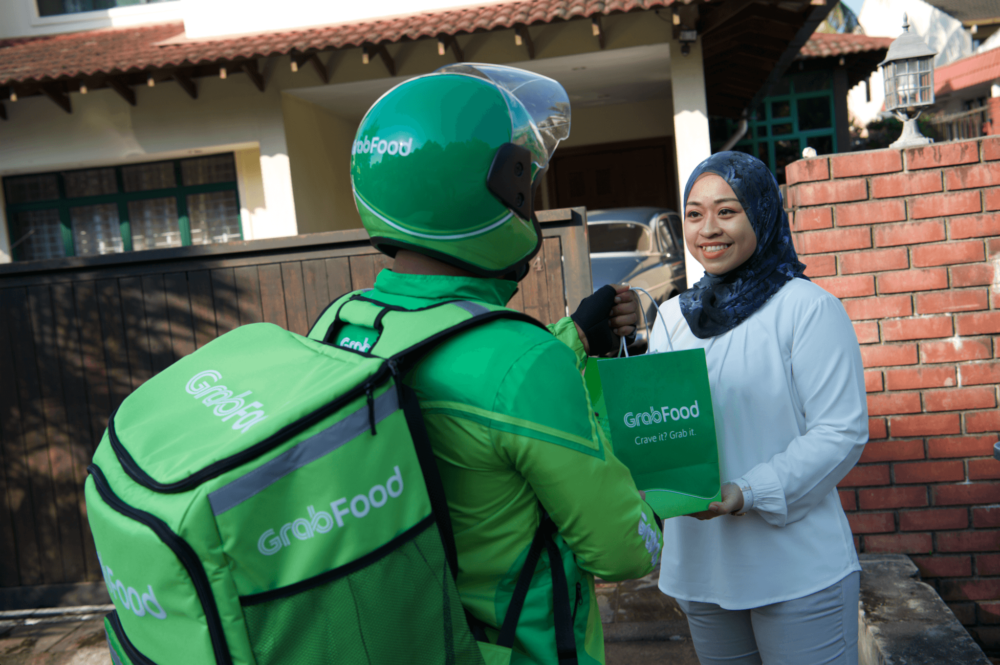Southeast Asian ‘super app’ Grab saw food delivery revenue triple in the midst of the Covid-19 crisis and strained merger negotiations with archrival Gojek.
Grab president Ming Maa said in a newsletter that while the Singapore-based company’s flagship ride-hailing business had suffered since the onset of Covid-19, Q3 2020 revenue from GrabFood — its on-demand meal delivery offering — almost tripled year-on-year. The prodigious increase was doubtless driven in part by the pandemic, with consumers across Southeast Asia facing lockdowns and work-from-home orders.
GrabFood also doubled the number of merchants on its platform, with close to 600,000 vendors across the region now selling food through the Grab app.
Maa said that the company now expects GrabFood to break even by the end of 2021.
The growth in Grab’s food delivery unit came against the backdrop of reportedly difficult negotiations with Jakarta-based rival Gojek over a potential merger.
Gojek operates its own food delivery platform, GoFood, in its native Indonesia as well as Thailand and Vietnam.
While Grab and Gojek investors including SoftBank are rumored to have been agitating for a combination of the two archrivals in order to bring down competition costs, talks are said to have been tense, with each side unable to agree on post-merger management and shareholding issues.
Reports today suggest that Gojek has simultaneously opened merger negotiations with Indonesian e-commerce giant Tokopedia. The country’s two largest homegrown startups have agreed to carry out due diligence with a view to a tie-up, which would create a company worth $18 billion and would likely face less in the way of regulatory hurdles compared to a cross-border deal involving Grab, according to Bloomberg.
Among other things, Tokopedia offers online grocery, an extensive logistics network, and Mitra Tokopedia – an app designed to help Southeast Asia’s ubiquitous ‘mom and pop’ stores digitalize their businesses and order stock from farmers and other suppliers online.
Gojek and Grab have also dabbled in e-grocery, with the latter unveiling its first ‘dark store‘ in Malaysia last month.
Grab, which is expected to IPO before 2023 in line with an agreement made with its shareholder Uber, does not publish precise financial performance figures. However, Maa said that the company’s group revenue had returned to “well over” 100% of pre-pandemic levels as of the start of this year. Net revenue grew 70% during 2020, while Grab’s ride-hailing business hit breakeven across all its eight markets (Cambodia, Indonesia, Malaysia, Myanmar, Singapore, Thailand, Vietnam, and the Philippines.)
Got a news tip or a story idea? Email me at [email protected] or find me on Twitter at @jacknwellis





